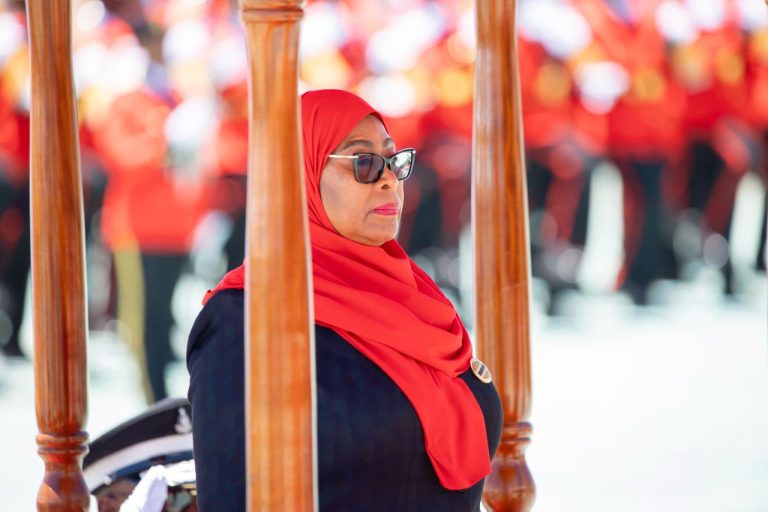- Romuald Wadagni named ruling coalition’s presidential candidate for April 2026 vote
- Architect of Eurobond success and fiscal discipline faces huge test
COTONOU, BENIN – Romuald Wadagni, Benin’s long-serving finance minister, has been chosen as the ruling coalition’s candidate for the April 2026 presidential election.
Political watchers see it as a move that positions the 49-year-old technocrat as the potential successor to President Patrice Talon.
The decision, endorsed by consensus at Talon’s residence, confirms the outgoing leader’s decision not to seek a third term and sets the stage for continuity of the administration’s economic transformation agenda.
Educated in France and the United States and a former Deloitte executive in Paris, Lyon, Boston and New York, Wadagni has been a cornerstone of Talon’s economic team since 2016.
He gained prominence during the Covid-19 pandemic when he rejected global calls for debt relief. “No cancellation, no restructuring,” Wadagni insisted, a stance that was considered risky but ultimately strengthened Benin’s reputation with international lenders.
Under his stewardship, Benin’s economy has consistently grown by more than 6% a year, reaching middle-income status and drawing praise from credit agencies including Moody’s and Fitch for strong fiscal discipline.
Public debt, a chronic weakness in much of Africa, has been managed to avoid disruptions, while reforms have improved the business climate and modernised the administration by recruiting a new generation of diaspora professionals.
Market credibility
Wadagni is best known for his success in international capital markets. Since 2019, Benin has issued multiple Eurobonds at historically low rates for a West African country, including 30-year bonds that showcased the country’s credibility among emerging market investors.
In 2021, Benin became the first African nation to issue sustainable bonds, a landmark that attracted institutional investors seeking environmental and social impact. The strategy has diversified financing and enhanced Benin’s image as a responsible player in the global economy.
Still, challenges remain. Youth unemployment is high, and the country’s industrial base is slow to expand. Wadagni has pledged to push industrialisation in cotton, expand special economic zones and deepen integration into African value chains.
Despite his economic track record, Wadagni’s technocratic image could prove a liability in a campaign where grassroots mobilisation is key. Yet he embodies Talon’s vision of a fiscally rigorous, globally credible Benin.
“The question now is whether this fiscal consistency can translate into social prosperity,” one political observer noted.
Support from former president
Reached by telephone in Paris, former president Nicéphore Dieudonné Soglo, who served from 1991 to 1996, welcomed the choice.
“I congratulate him. This will allow us to continue the work that Talon began with the new Minister of Economy and Finance who found the resources that allowed the country to modernise. With joy and with encouragement. He seemed the most qualified to continue Talon’s work,” Soglo told Allen Dreyfus.
He added that Wadagni’s record “honoured Beninese youth” and praised “the dynamism of the young Minister of Finance whose know-how has enabled the performance of the Beninese economy.”











